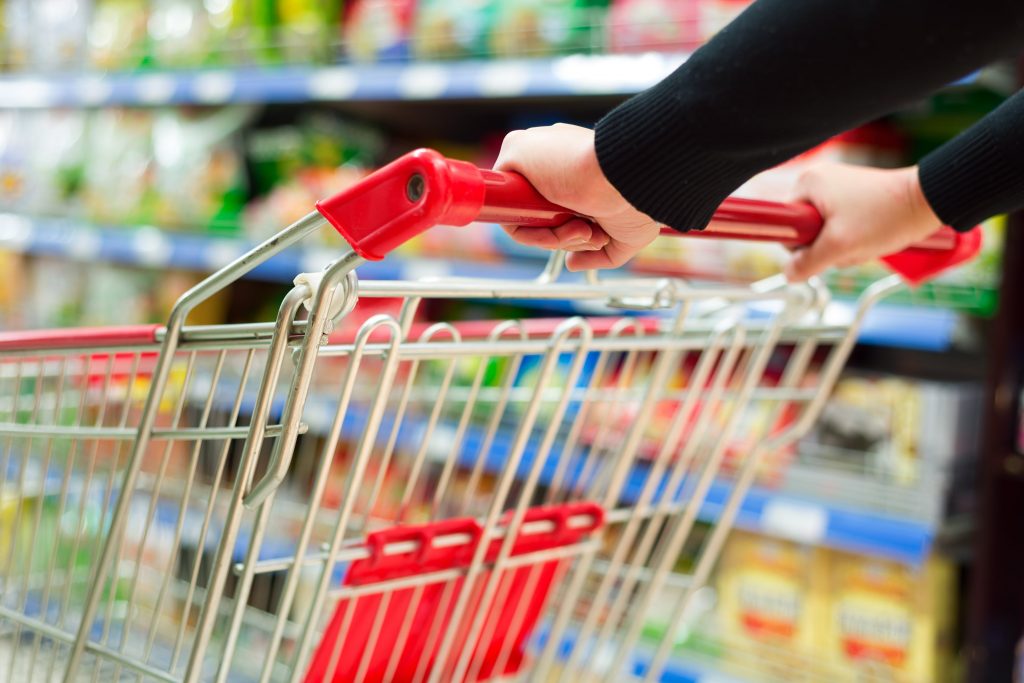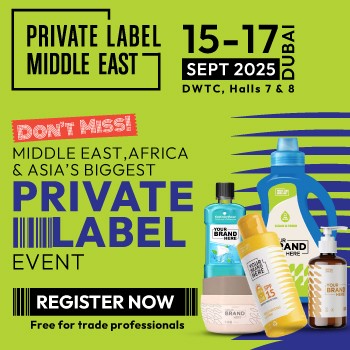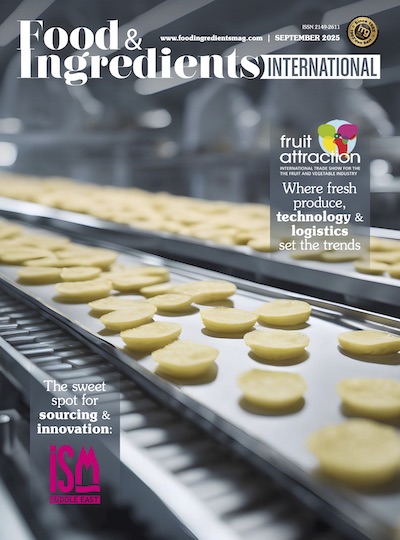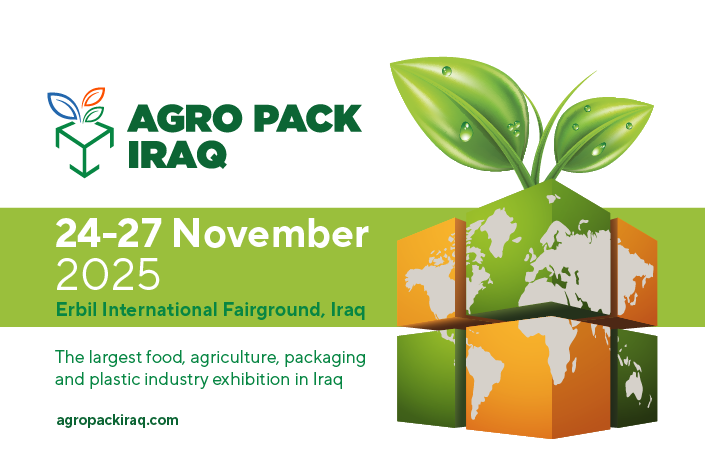EU Science Hub – The European Commission will use the findings of these studies as input for a proposal to revise the EU rules on the information provided to consumers as part of the EU’s ‘Farm-to-Fork’ Strategy and Europe’s Beating Cancer Plan.
Labelling can help consumers make informed, healthy and sustainable food choices.
The JRC conducted four scientific studies to synthesise the current evidence on front-of-pack nutrition labelling, origin labelling and food information through other means than on labels as well as to analyse what is currently present on the market as regards the labelling of alcoholic beverages.
Here are some of the findings.
Front-of-pack nutrition labelling
Front-of-pack nutrition labelling is one of the tools that support the prevention of diet-related, non-communicable diseases like cardiovascular diseases, diabetes or cancers.
Under the current EU rules, the provision of nutrition information on the front-of-pack is possible on a voluntary basis. A variety of voluntary public and private front-of-pack nutrition labelling schemes have been developed and are currently used at different degrees in Member States.
The European Commission has announced, both in its Farm to Fork Strategy and Europe’s Beating Cancer Plan, a proposal for harmonised mandatory front-of-pack nutrition labelling for the EU.
The JRC study on front-of-pack nutrition labelling showed that:
- Consumers generally value front-of-pack nutrition labels as a quick and easy way to acquire nutrition information when making purchase decisions.
- Less complex labels require less attention and time for consumers to be processed.
- In general, consumers, including consumers with lower income, appear to prefer simple, colourful and evaluative summary front-of-pack labels, which are more easily understood, than more complex, non-evaluative, monochrome labels.
- Front-of-pack nutrition labels can guide consumers towards healthier diets.
- Front-of-pack nutrition labelling seems to provide incentives to food businesses to improve the nutritional quality of their products, such as by reducing added salt or sugars.
 Market analysis of the labelling of alcoholic beverages
Market analysis of the labelling of alcoholic beverages
Under the Regulation on Food Information to Consumers (FIC), alcoholic beverages containing more than 1.2% alcohol by volume are exempt from the obligation to display a list of ingredients and a nutrition declaration on the product label. Business operators can nevertheless provide these on a voluntary basis.
The JRC study found out that, in the EU-27:
- The possibility for the voluntary provision of ingredients and nutritional information on the labels of alcoholic beverages has been taken up by the alcoholic beverage industry.
- The beer industry stands out among the alcoholic beverages sector, with ingredient information on most (ca. 90%) beers on the market, and energy information to a lesser extent (ca. 25 to 50% of beer products).
- Ciders/perries and ‘ready-to-drink’ products carry comparable information in the EU. About half of the products hold ingredient information and up to 40% carry energy content information.
- Information on ingredients or energy is found less frequently on spirits, and very rarely on wine products.
- Label attributes re-directing consumers to off-label ingredients and nutritional information are uncommon.
Food information through other means than on labels, including digital means
The scientists conducted a literature review on alternative sources of food information available in the marketplace besides package labels. They looked into how consumers use, understand, and are influenced by these information sources.
These are the general conclusions:
- Means providing direct access to food information in the marketplace, such as menu labels, shelf-labels, and point-of-sale signs, can be effective at influencing consumers towards healthy behaviours, when compared to online means that require external tools to access the information (i.e., QR codes or website links).
- If not provided on the food package, food information should be directly visible in the marketplace to be able to influence consumers.
- There is a need for more research comparing the provision of food information through labels and digital means.
Origin labelling
The scientists reviewed the literature on the impact of origin information of food products on purchase decisions and consumption. They looked into how and why consumers use, understand, and are influenced by origin information, coming to the following conclusions:
- Information about both country of origin and place or region of origin has a substantial influence on consumers’ food choices.
- Consumers attach importance to origin information as:
- a cue to good quality and environmentally friendly products;
- on average they like to support their local or domestic farmers and food industry.
- Consumers report (in surveys) that they attach importance to origin information. However, when actually shopping, they may focus less on origin information than they would like to (because of time pressure, the attractiveness of brands etc.).























